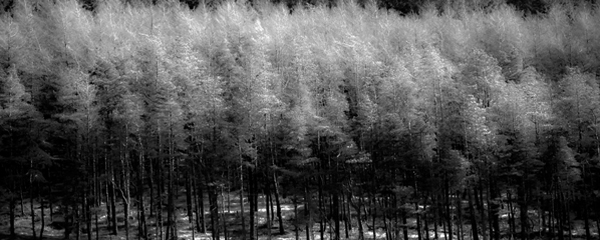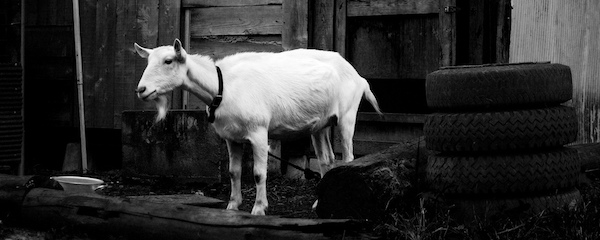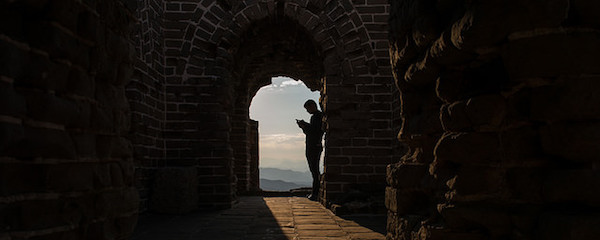USCHI GATWARD explores the hidden depths of Dorothy Parker’s short story ‘The Standard of Living’: ‘If we didn’t know we were reading Parker, we’d know at least that we were reading irony. Annabel’s and Midge’s leisure is a temporary state, lasting the whole of Saturday afternoon – although, with that ‘stretched’, its horizons seem limitless…’
SOPHIA KIER-BYFIELD finds home comfort and more than a little irony in Thomas Morris’ collection: ‘For the characters in We Don’t Know What We’re Doing, home is the small Welsh town of Caerphilly. A winding strip of dual carriageway, cutting through the curves of the Rhondda Valley, tethers this place to the locality I have come to call home…’
KAREN WRIGGLESWORTH reflects on the authentic voice of New Zealand writer Witi Ihimaera: ‘It was just like immersing myself in a hot thermal bath at Rotorua, closing my eyes, and simply listening to the voices of the local people going about their day all around me…’
K.S.DEARSLEY probes the hidden depths in D. H. Lawrence’s ‘The Prussian Officer’:’…any reader expecting to find explicit sex will be disappointed. Lawrence’s writing is far more subtle, working by the power of suggestion, so you could make a case to say that the only sex in the tale is what the reader’s imagination brings to it…’
JUDITH GEORGE discovers Claire Keegan’s ear for silence in a story from Walk the Blue Fields: ‘So little in ‘Night of the Quicken Trees’ is said, and yet what is said speaks volumes. That is the key to Keegan’s unflinching style…’
HANNAH BROCKBANK tells us why she admires ‘Chalk Mother’, an intense character driven short story by Liza Cody: ‘The environment crackles with connection and purpose but the daughter cannot fully be part of it. Instead, she frets about missing school. This important image transcends physical description and shows us what makes the narrator tick and what situations allow her to connect with the world…’
MICHAEL CAINES takes a walk through the underworld of Brigid Brophy’s short stories: ‘from its Shavian title onwards, ‘The Adventures of God in His Search for the Black Girl’ gives virtuoso voice to the figures excluded by convention from charmed settings such as deer-haunted forests and the pastoral Golden Age…’
MIKE SMITH finds himself at war with Vivien Jones’ flash fiction ‘Sorting Office’: ‘Vivien Jones is a direct writer, with a deceiving simplicity of style, and in this very short story, a flash fiction by most measures, the simplicity and the deception are well employed. Structured as two half-page paragraphs, and a four-line ending, it establishes a path for a denouement that will surprise, although it is a conclusion that is, at the same time, entirely probable, rather than merely plausible…’
VICTORIA LESLIE discusses the feminist message behind the stories of Charlotte Perkins Gilman: ‘When we think of the nineteenth century cult of the drowned woman, and of the abundance of these tragic figures in art and literature… Gilman’s story offers a new kind of heroine for the new century…’
ANTON DECHAND finds his way through ‘The Great Wall of China’ by Kafka: ‘I never mention his name among my favourite authors. Yet there are few writers that have been with me for so long and never ceased to be a source of amazement. I know I can always come back to Franz Kafka and it gives me a strange comfort to do so. He’s like a talisman from a foreign culture: riddled, inconceivable, yet commonplace and imbued with a personal history…’









